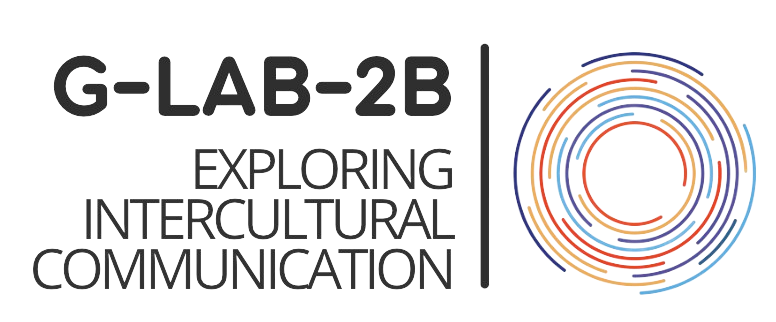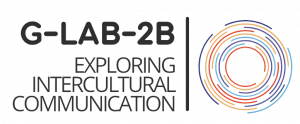“Borders, I’ve never seen them, but I’ve heard they exist in some people’s minds.”
This phrase appears around a photograph of my 6-year-old daughter Alba, with her hands open, standing in front of the remains of the Berlin Wall, hanging in my office. It is a simple image, taken on a magical night in Berlin, but one that is full of meaning, at least for me. This image is with me as a backdrop during my recent conversation with Ángeles, from Open Arms, in our series “Thinking without barriers.” We talked about cooperation, humanity, responsibility. And above all, about how to continue believing in others when everything around us seems to be falling apart.
Ángeles doesn’t need embellishments to explain the essentials. Open Arms saves lives in the Mediterranean, yes. But it does something else: it protects something even more fragile, the faith in humanity. In her words, rescuing is also a symbolic act. It is sustaining hope when politicians close their eyes. It is choosing not to look the other way.
Borders, we recalled, are nothing more than mental constructs. Mobility is part of being human. And yet, in Europe, we continue to erect physical and emotional walls, while forgetting or deliberately ignoring our historical and current responsibility in many of the conflicts and migrations we are experiencing today.
Table of Contents
Education as a turning point
One of the most revealing moments of the dialogue was when Ángeles shared what she hears when visiting high schools. It is not indifference, but rather thoughtless expressions that reflect a certain learned hatred, repeated almost unconsciously.
This raises an urgent question: how is this view of the other constructed? What social, media, and educational context are we offering that allows mistrust to grow so easily?
This raises a deep concern. We have developed an education system that prepares students to compete, not to cooperate. An education that rewards individual achievement but forgets the value of the collective. In this context, when uncertainty arises, we tend to respond with fear rather than openness. We close the door when we most need to open it.
In Spanish:
Resonance: the key to cooperation
At G-Lab-2b, in our ECOOPx model, we have developed a dimension called Resonance. Resonance means the connection: with oneself, with others, with the planet. It is not an element in the spiritual sense; it is about relationships.
Without that connection, cooperation becomes technical, superficial, sometimes even violent in the way it imposes itself.
Today we live immersed in noise. Too much stimulation and too little presence. And yet, as Ángeles said with disarming clarity: sometimes what a child who has lost everything needs most is not words, but a hand held out in silence.
Project Origin: building from the ground up
Open Arms also works some distance from the sea. In Senegal, they are promoting the Project Origin, an initiative that seeks to empower local communities through training and access to accurate information. It is not about preventing people from migrating, that right must remain sacred, but about ensuring that they do so safely, with dignity and awareness.
This project does not impose solutions from outside. It is built from within, with a shared vision. And therein lies its strength.
Look, listen, accompany
This dialogue has not only left me with certainties, but also with a persistent concern: what kind of world are we allowing to grow when we stop looking each other in the eye?
Intercultural cooperation is not built with grand speeches, but with concrete gestures. A cookie shared on a boat. A hand extended without words. A silence that accompanies without demanding.
Sometimes, small acts of care are what sustain humanity as a whole.
Today we have understood that cooperation is much more than working together or helping: it is choosing not to look away and thus maintaining faith in humanity.


